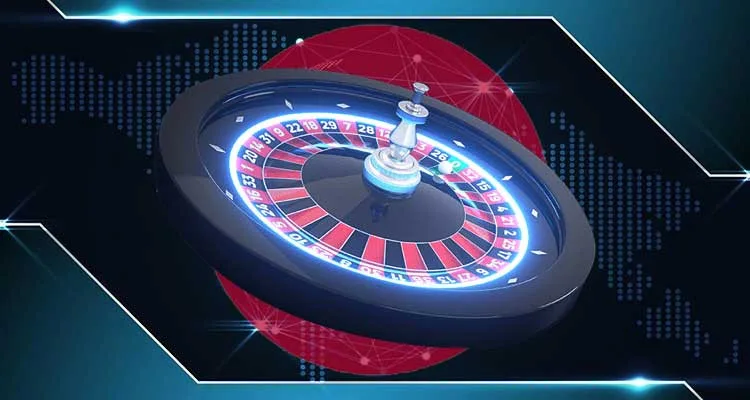Japan, a country steeped in history and proud ancestry, has had casino gambling banned since the year 1907. The reason the Japanese are so opposed to casinos might be the strong connotation it has with a notorious Japanese criminal organization called Yakuza, which has a vast network of underground casinos throughout the country.
However, with the growing pressures, the country has as a leader in technology, as well as the planned Olympics this year (postponed until 2021) the government has been planning to legalize casino gambling, with certain precautions. There are also plans to construct integrated resorts, which may play a part in opening the way for casino gambling to become a more normal part of the Japanese scene in the future.
Current stance of gambling
Even though casino gambling is prohibited, it is still legal to bet on sports events; horse races are common, though not the fancy affair inspired by the UK, and soccer is also commonly bet on as well. Japan also has its own forms of bicycle racing (called Keirin), powerboat racing (Kyoutei), and motorbike racing (Auto Race), which are all very popular and seen as a part of Japanese culture. Classic casino gambling – as it is known throughout the western world, is, however, banned in Japan, and frowned upon by the general public.
Is gambling popular?
The most popular legal form of gambling in Japan is Pachinko. Pachinko parlors are everywhere in Japan, they are usually bright and decorated and house dozens of the Pachinko machines. The game is a type of automated pinball machine, where you try to get the ball to land in a specific catcher in order to win. All you can control in Pachinko is launching the ball, and it has stayed legal in Japan by working in a grey area – you do not win money but tokens, and these can be exchanged for prizes like electronics, groceries, cigarettes, even gold or silver (kind of like Chuck’e’Cheese in America). These prizes can usually be sold close by, meaning that you are actually, indirectly, winning money from the games. The Pachinko industry in Japan is estimated to be worth up to $900 billion!
Even though online gambling sites are not specifically legalized in Japan, it is difficult to control what happens online. Japanese people can access online casinos that are based (and legal) in different countries, and they can use VPNs to avoid blocks placed on Japanese players. It is not certain how big of a market online gambling is in Japan, but suffice it to say, where there is a will there is a way, and they can find an online casino where to play.
Integrated resorts
Currently, the Japanese government is planning to allow integrated casinos to be opened in Japan – these will probably only appear in the mid-2020s. Although the opposition feels that allowing casinos would devalue Japanese history and culture, casinos are also seen as a way to be more open-minded to the Western world, and hopefully attracting more tourists. The term “integrated” means that casinos (at the moment, it seems that at most three of them) will only be allowed within other facilities and resorts, for example, on one floor of a hotel or spa. This way they can be easily monitored.
These integrated casinos will be licensed locally by the government, and the gaming tax owed to the government is said to be 30%, which is a steep price compared to some other countries. Interestingly, locals and tourists will have different fees and regulations to enter the casinos. Locals have a thrice-a-week limit to visiting casinos, with a total of 10 visits per month. They also have to pay an entrance fee of 6000 yen (50 USD). These fees as well as the strictness of the regulations are also in part what made legalizing casinos possible at all, as the Japanese want to keep gambling under control.
It remains to be seen how the integrated casinos will affect Japanese culture and the country as we know it. Although legalized casinos are starting off heavily regulated in Japan, these may wear off as time passes, and the government realizes how much money they could potentially make from it. Especially in this time when tourism has taken a heavy hit, an additional incentive for tourists to visit the country might be exactly what they need.
Read more: Best iGaming Aggregators














